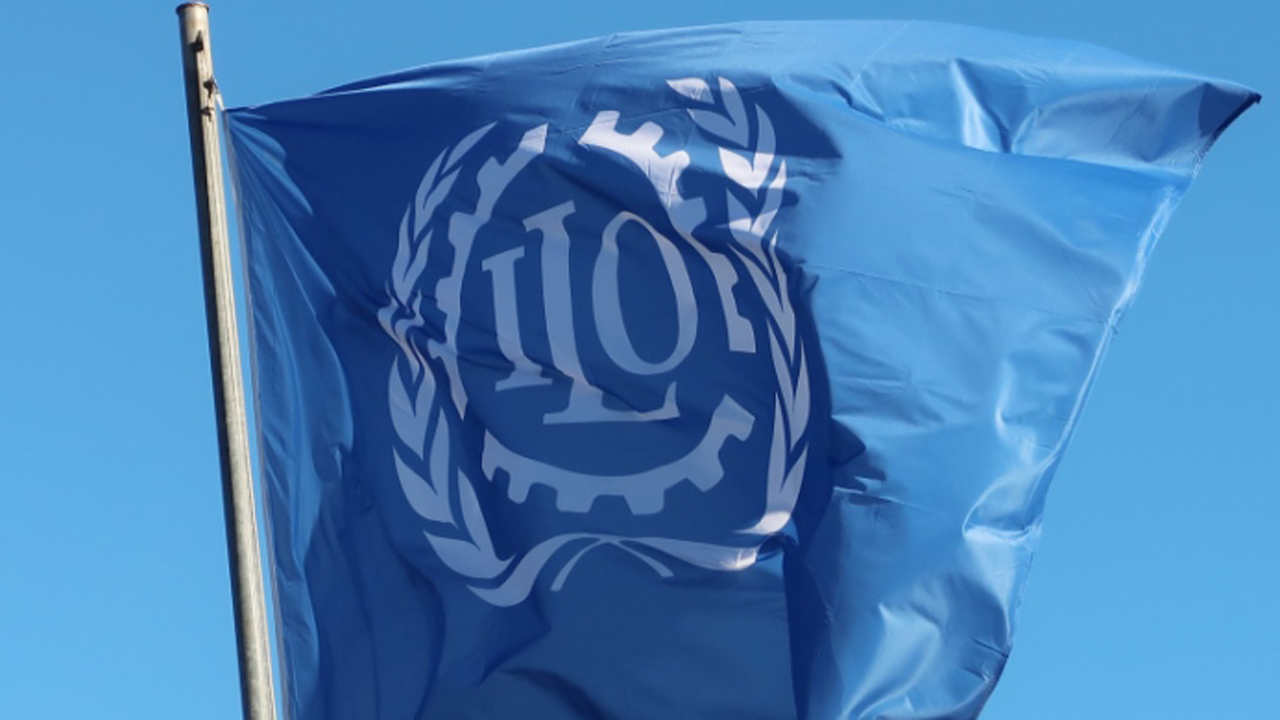As Artificial Intelligence (AI) continues to transform how organisations operate, leading AI and data analytics professional, Uju Eziokwu, is challenging conventional notions of work, arguing that the era of traditional job descriptions is over.
Eziokwu, who specialises in Applied Artificial Intelligence and the responsible use of technology, said AI is not just reshaping workflows but redefining the very meaning of valuable work. Her approach focuses on building ethical, transparent, and high-impact AI systems that enhance human potential rather than replace it.
In an article on ‘The Death of Job Descriptions: How Prompt Engineers Are Redefining Workflows’, she explained that job descriptions are currently dead, not because companies have stopped hiring, but because the very definition of a job has become fluid.
She said that the job description is not dead because work is disappearing, but dead because the definition of valuable work was changing from doing defined tasks well to orchestrating systems, asking better questions, and making judgments that matter.
According to her, companies, workers, and societies that figure this out first won’t just survive the transition, but they will define what comes next.
She said what is happening now would define the next decade of white-collar work, noting that organisations that treat this as a problem to be solved through layoffs would get short-term savings and long-term hollowing, while organisations that treat it as an opportunity to reimagine work will build adaptability and resilience.
Noting that the death of job descriptions is not dramatic, with no headlines nor mass layoffs dominating the news, Eziokwu said it was instead a reshuffling happening in real-time as companies figure out what works.
“A junior designer discovers she can produce more work if she learns to prompt effectively, and suddenly her trajectory changes. An experienced manager learns to work with AI and finds his role has transformed; he’s now building the systems rather than doing the work. A startup hires three people instead of ten because they can prompt. An established company discovers that one highly skilled orchestrator can replace five specialists.
“None of this was planned. There is no grand conspiracy. It is just the natural consequence of AI becoming good enough to compress work that used to be distributed,” she said.
In rewriting the job description, the AI expert stressed that the job titles are not disappearing, but they are just becoming meaningless as stand-alone categories.
The only job description, she said, that matters anymore was the one built around the human element of judgment, creativity, context awareness, ethical reasoning, the things that AI could amplify but not replace.
Stating that forward-thinking organisations are rewriting job descriptions around these elements, she said, instead of listing tasks, they are defining the problems that need solving.
“Instead of specifying tools, they are defining outcomes. Instead of requiring credentials, they are defining capabilities and potential,” she said.
On the new social contract, she said, currently, the deal is breaking down. According to her, companies need fewer people doing more abstract work, even as workers are being asked to constantly reinvent their skill sets.
The promise of career progression, she said, is becoming less certain, even as the path from junior to senior is getting shorter, steeper, or disappearing entirely.
To be in tandem, she explained how some organisations are responding by investing heavily in prompt engineering training—teaching their existing workforce how to adapt.
She said while others are replacing mid-level workers with smaller teams of highly skilled prompt engineers and AI systems, some are still stuck, unsure whether to accelerate automation or invest in people.






